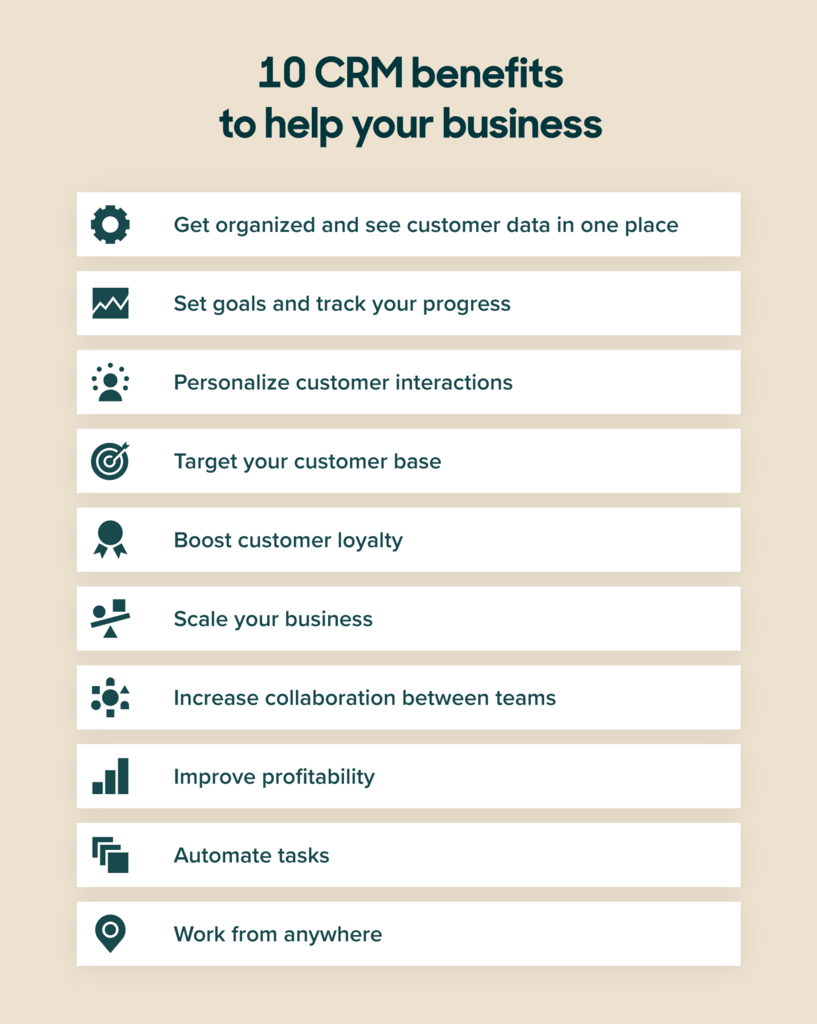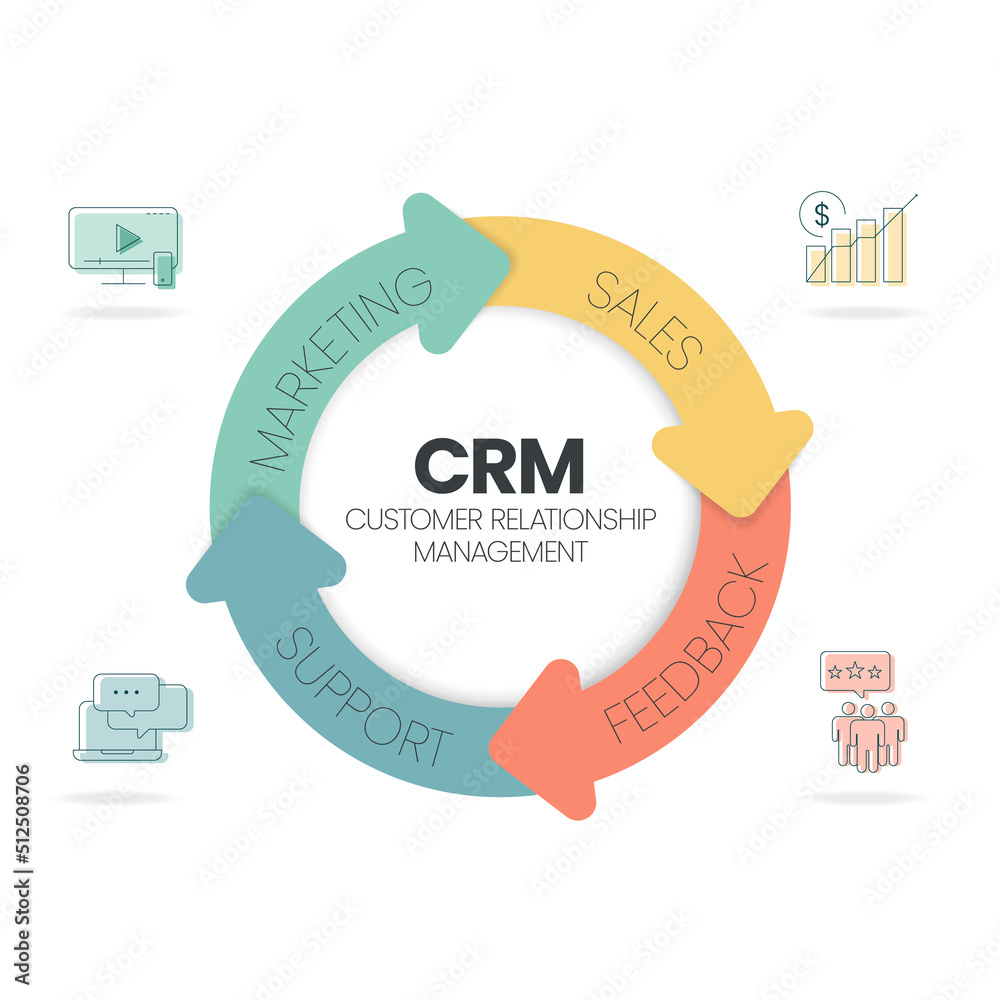
Elevating Customer Experience: How CRM Transforms VIP Customer Management
In today’s hyper-competitive marketplace, businesses understand that customer loyalty is a prized asset. However, not all customers are created equal. A select group, often referred to as VIPs or high-value customers, contribute disproportionately to a company’s revenue and reputation. Effectively managing these VIP relationships requires a sophisticated approach that goes beyond traditional customer service. This is where Customer Relationship Management (CRM) systems come into play, offering a powerful suite of tools and strategies to elevate VIP customer management to new heights.
The Importance of VIP Customer Management
VIP customers are more than just big spenders; they are brand advocates, influencers, and a source of valuable feedback. Nurturing these relationships is crucial for several reasons:
- Revenue Generation: VIP customers typically account for a significant portion of a company’s revenue. Retaining them translates directly to sustained profitability.
- Brand Advocacy: Satisfied VIPs are more likely to recommend your products or services to others, generating positive word-of-mouth marketing.
- Market Insights: VIP customers often have a deep understanding of your industry and can provide valuable insights for product development and service improvement.
- Competitive Advantage: In a crowded market, exceptional VIP customer management can be a key differentiator, setting you apart from competitors.
Traditional CRM vs. VIP-Centric CRM
While standard CRM systems offer valuable features for managing customer interactions, VIP customer management requires a more tailored approach. Here’s a comparison:
| Feature | Traditional CRM | VIP-Centric CRM |
|---|---|---|
| Focus | Mass customer management | Individualized VIP relationship building |
| Personalization | Basic demographic-based segmentation | Hyper-personalization based on behavior, preferences |
| Communication | Standard email marketing, basic support channels | Proactive, personalized communication across channels |
| Service Levels | Standard service response times | Prioritized support, dedicated account managers |
| Loyalty Programs | Generic rewards programs | Exclusive, tailored loyalty programs |
| Data Analysis | Basic reporting on sales and customer interactions | Advanced analytics to identify VIP needs and trends |
Key CRM Features for VIP Customer Management
To effectively manage VIP relationships, businesses should leverage the following CRM features:
- 360-Degree Customer View: A comprehensive CRM system consolidates all customer data, including purchase history, interactions, preferences, and feedback, into a single, unified profile. This enables a holistic understanding of each VIP customer.
- Personalization Engine: CRM allows for the creation of highly personalized experiences. By analyzing customer data, businesses can tailor communications, offers, and service interactions to individual VIP preferences.
- Segmentation and Targeting: CRM enables businesses to segment VIP customers based on various criteria, such as purchase value, loyalty status, or product preferences. This allows for targeted marketing campaigns and personalized offers.
- Automated Workflows: CRM automates routine tasks, such as sending personalized emails, scheduling follow-up calls, and triggering service requests. This frees up staff to focus on building relationships with VIP customers.
- Loyalty Program Management: CRM integrates with loyalty programs, allowing businesses to track VIP customer rewards, points, and benefits. This enables personalized loyalty programs that incentivize repeat purchases and foster brand loyalty.
- Dedicated Account Management: CRM facilitates the assignment of dedicated account managers to VIP customers. These account managers serve as a single point of contact, providing personalized support and building strong relationships.
- Proactive Service and Support: CRM enables businesses to anticipate VIP customer needs and provide proactive service. For example, if a VIP customer has a history of technical issues, the CRM system can trigger a proactive support call.
- Feedback Management: CRM provides tools for collecting and analyzing VIP customer feedback. This feedback can be used to improve products, services, and the overall customer experience.
- Reporting and Analytics: CRM provides comprehensive reporting and analytics capabilities. Businesses can track key metrics, such as VIP customer retention rate, average order value, and customer satisfaction scores.
Implementing a VIP-Centric CRM Strategy
Implementing a CRM system for VIP customer management requires careful planning and execution. Here are some key steps:
- Define VIP Customer Criteria: Clearly define the criteria for identifying VIP customers. This may include factors such as purchase value, frequency of purchases, or loyalty status.
- Choose the Right CRM System: Select a CRM system that is tailored to the needs of VIP customer management. Consider factors such as personalization capabilities, segmentation options, and account management features.
- Data Migration and Integration: Migrate existing customer data into the CRM system and integrate it with other relevant systems, such as marketing automation and customer service platforms.
- Personalization and Customization: Customize the CRM system to reflect your brand and personalize the customer experience. This may include creating custom email templates, designing personalized dashboards, and configuring automated workflows.
- Train Your Team: Provide comprehensive training to your team on how to use the CRM system effectively. Emphasize the importance of personalized service and relationship building.
- Monitor and Optimize: Continuously monitor the performance of your VIP customer management program and make adjustments as needed. Track key metrics, such as customer retention rate and customer satisfaction scores.
Best Practices for VIP Customer Management with CRM
- Personalize Every Interaction: Use customer data to personalize every interaction, from email communications to phone calls.
- Be Proactive: Anticipate VIP customer needs and provide proactive service and support.
- Build Relationships: Focus on building strong, lasting relationships with VIP customers.
- Offer Exclusive Benefits: Provide VIP customers with exclusive benefits, such as discounts, early access to new products, and invitations to special events.
- Listen to Feedback: Actively solicit and respond to VIP customer feedback.
- Recognize and Reward Loyalty: Acknowledge and reward VIP customer loyalty with personalized gifts, thank-you notes, and other gestures of appreciation.
Conclusion
CRM is a powerful tool for transforming VIP customer management. By leveraging the right CRM features and implementing a well-defined strategy, businesses can build stronger relationships with their most valuable customers, drive revenue growth, and gain a competitive advantage. In today’s customer-centric world, investing in VIP customer management is not just a luxury; it’s a necessity for sustained success.

